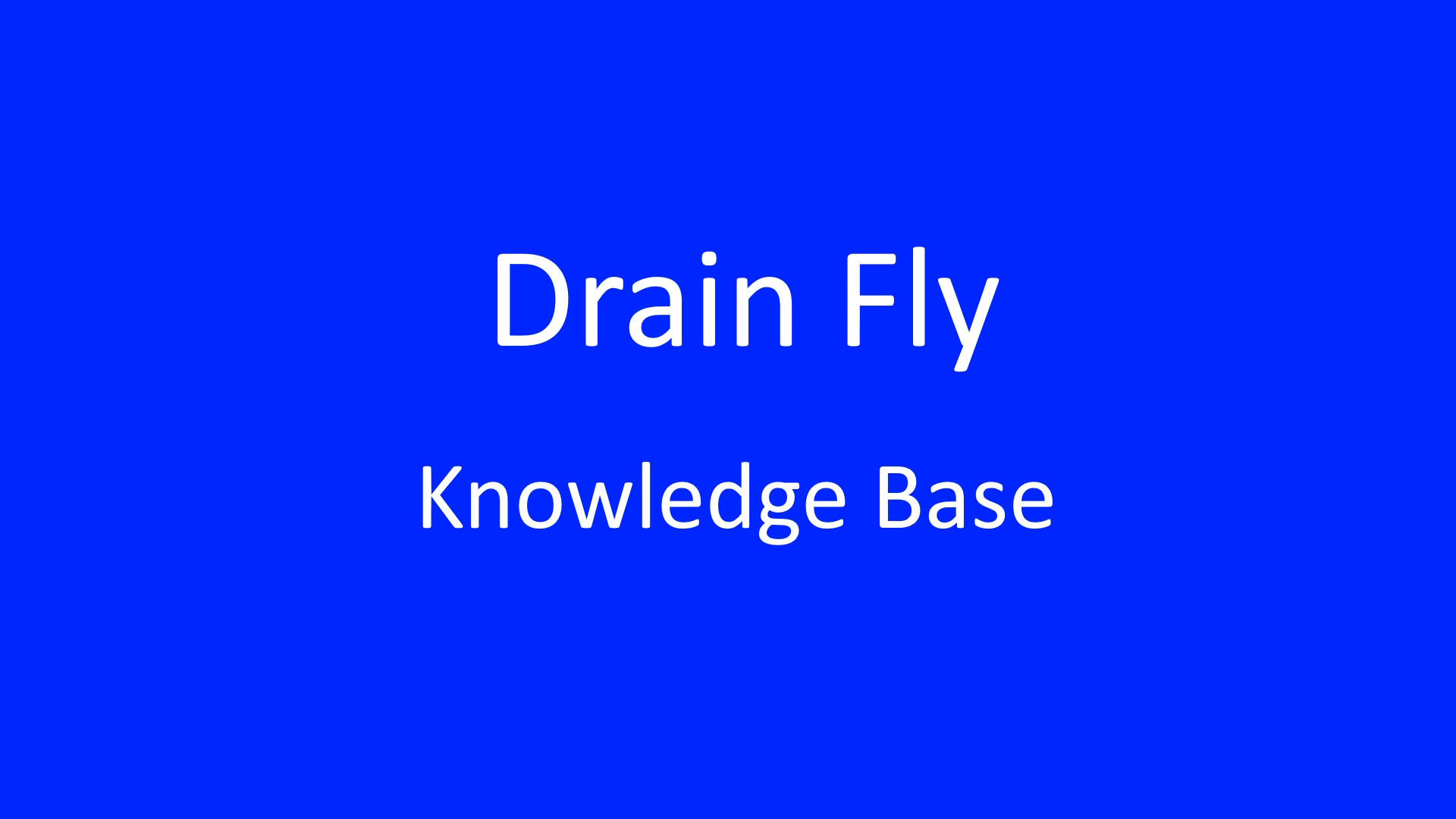Drain flies do not bite. These tiny insects, also known as moth flies or sewer gnats, are primarily nuisance pests found in and around drains and damp areas in homes. While they may be a common sight in bathrooms and kitchens, it’s essential to understand that drain flies do not bite humans. In this article, we will explore why drain flies do not bite and debunk common misconceptions.
Understanding Drain Flies
Drain flies belong to the family Psychodidae and are attracted to moist environments. They lay their eggs in the gelatinous film that forms inside drains, sewers, and stagnant water sources. These eggs hatch into drain fly larvae, which feed on organic matter and bacteria present in these locations. Adult drain flies are small, fuzzy insects with a characteristic fluttering flight pattern.
Why Drain Flies Don’t Bite
- Mouthparts: Drain flies have specialized mouthparts designed for sponging up liquids, not for piercing or biting. Their mouths are adapted for feeding on the decomposing organic matter and bacteria found in drains and sewer systems.
- No Bloodsucking Habits: Unlike mosquitoes or other biting insects, drain flies do not require blood for sustenance. They have no interest in feeding on humans or animals.
- Harmless to Humans: Drain flies are harmless to humans. They do not transmit diseases, bite, sting, or cause physical harm. Their presence is primarily a nuisance due to their attraction to damp environments.
Common Misconceptions
There are several misconceptions about drain flies, which can lead people to believe that they bite:
- Confusion with Other Insects: Sometimes, people mistake drain flies for other small flying insects that do bite, such as gnats or mosquitoes. This confusion can lead to the false belief that drain flies are responsible for the bites.
- Itchy Sensations: While drain flies themselves do not bite, the sensation of something crawling on the skin or minor skin irritation can occur when they come into contact with the skin. This sensation is often mistaken for a bite.
Preventing and Managing Drain Fly Infestations
To prevent and manage drain fly infestations in your home, consider the following steps:
- Maintain Clean Drains: Regularly clean and sanitize your drains to remove the organic matter and bacteria that attract drain flies.
- Fix Leaks: Repair any plumbing leaks promptly, as standing water can create an ideal breeding ground for drain flies.
- Use Drain Covers: Install drain covers to prevent adult drain flies from laying their eggs in your drains.
- Improve Ventilation: Ensure proper ventilation in bathrooms and kitchens to reduce humidity levels, making your home less attractive to drain flies.
Conclusion
In conclusion, drain flies do not bite humans. These tiny insects are harmless and primarily a nuisance due to their attraction to damp environments and the sensation they may cause when they come into contact with the skin.
Understanding the biology and habits of drain flies can help dispel misconceptions and enable you to take appropriate measures to prevent and manage infestations in your home.
